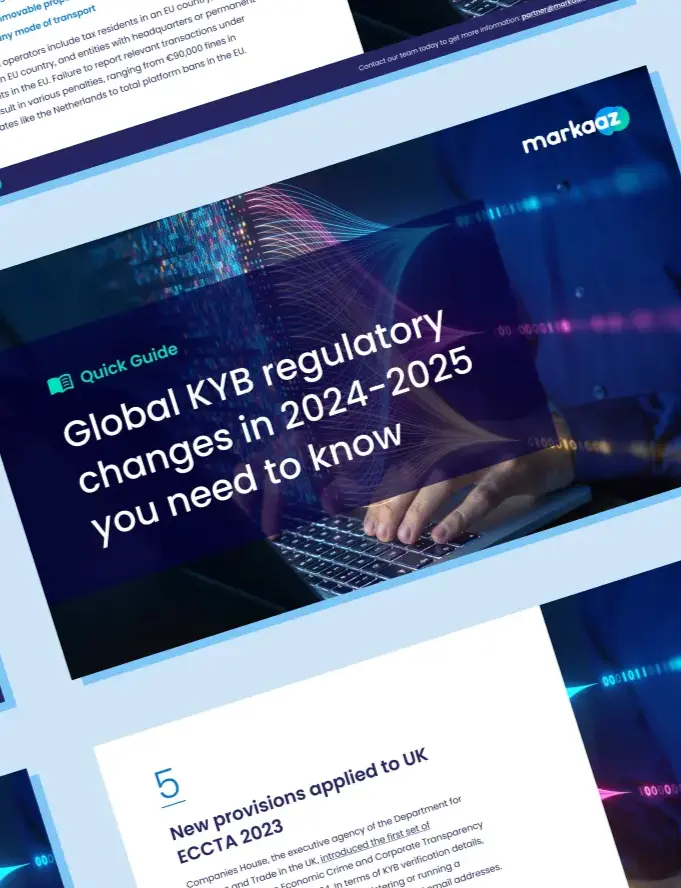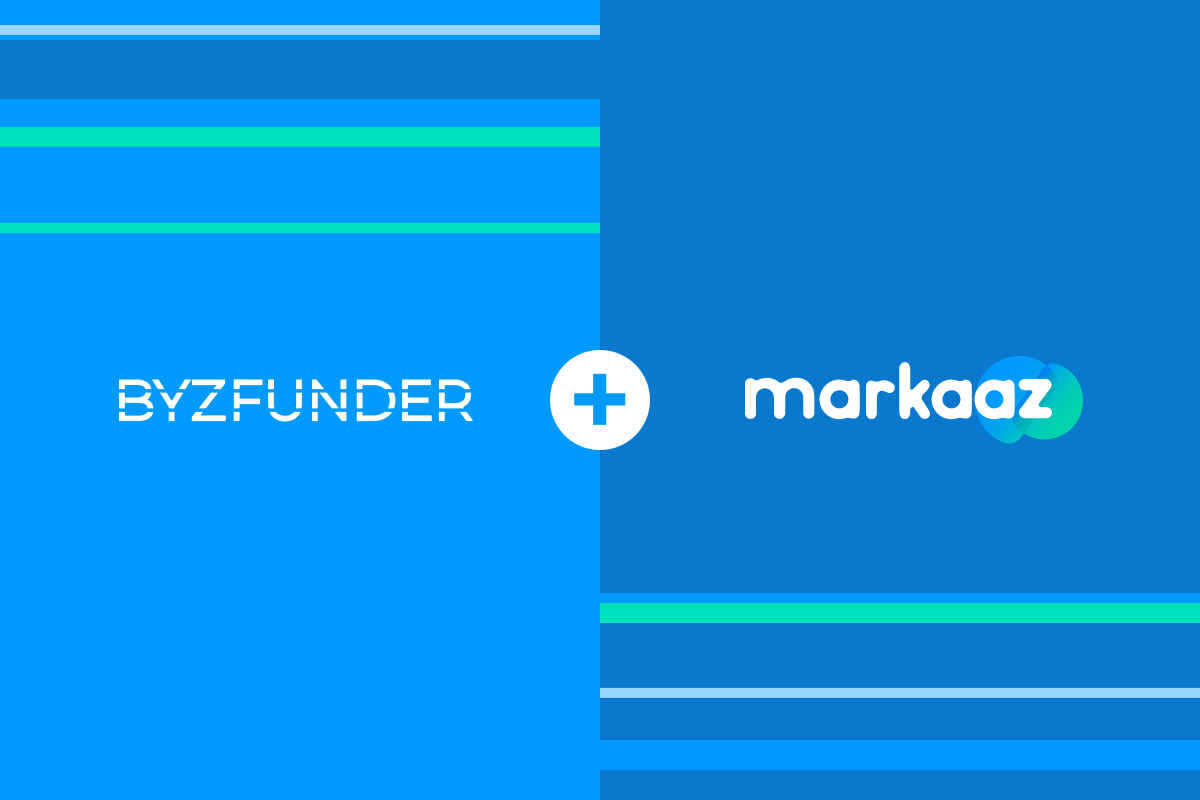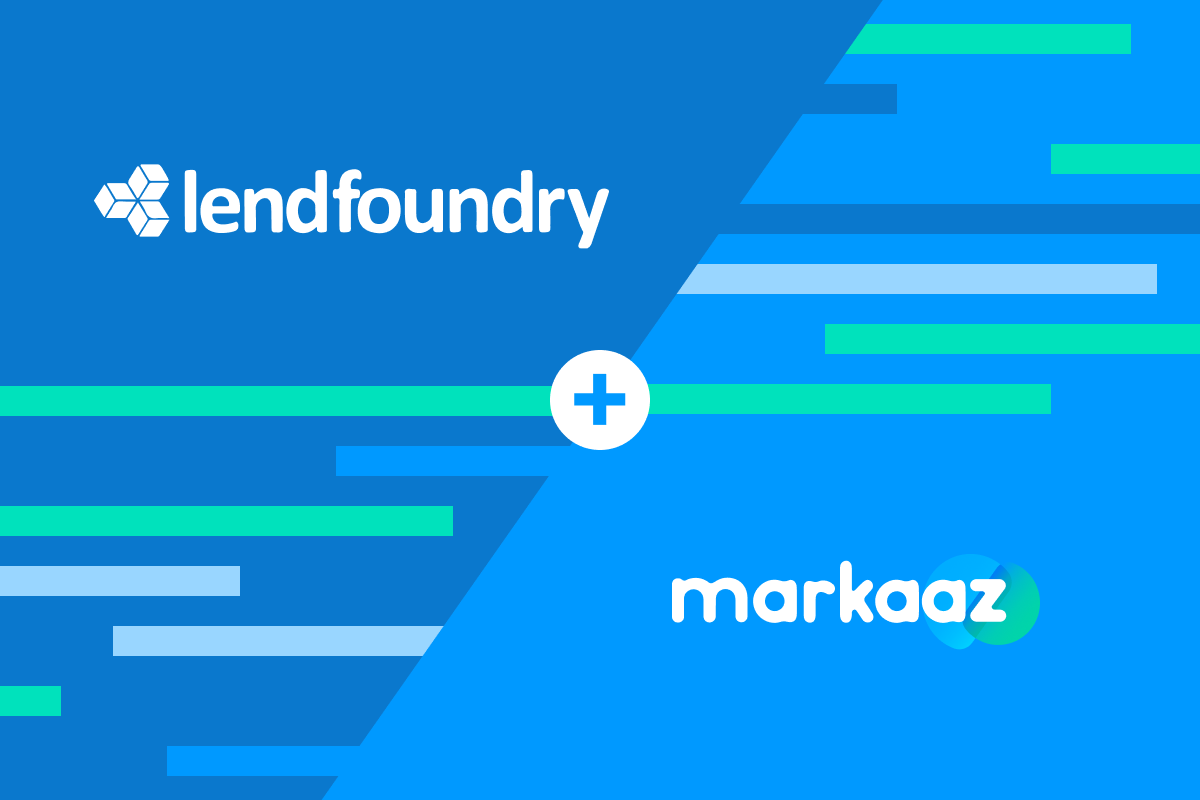Despite the challenges brought on by COVID-19, there are reasons for small businesses to be optimistic through 2021:
- A vaccine is rolling out.
- States are opening back up.
- Lenders are open for business again.
But this isn’t to say that the typical small business owner will see business return to normal. Millions of businesses have been hurt during the pandemic, and many small businesses were forced to close their doors forever. Smaller businesses are especially vulnerable to economic downtimes, as their cash flow and cash reserves are often limited. In the last year, we’ve all learned how important financing and cash flow solutions such as loans are for the backbone of our economy.
There are two key takeaways for the future of small business financing, outlined below.
Small businesses will seek an alternative source of capital
Traditional loans might not be an option for many other business owners, especially if they incurred significant financial loss during the pandemic. In those cases, funding sources such as alternative lenders or investors might be critical to attaining much-needed funding for many entrepreneurs and small business ventures.
One such alternative is fintech, or financial tech companies, which have forever changed the lending landscape. Their lending to small businesses online has rapidly increased, especially over the last couple of years. Business Insider expects an increase from $14.7 billion to $67.4 billion by 2021. These new fintech have disrupted how money flows to smaller companies, taking over many businesses from the traditional lending world. This growth helps more entrepreneurs get their start and creates diversity in traditional mid-market and enterprise organizations.
Technology will change how small businesses manage their finances
If there was one thing business owners learned during the pandemic, it was that they needed to adapt and pivot in almost real-time to meet customer needs. In the early days of the pandemic, when cities across the country locked down, physical retailers had no choice but to move their business online.
The technology they quickly adopted enabled them to transition to digital, which will continue to play a significant role in operations through 2021. That was the case with POS providers, credit card processors, and e-commerce platform operators, all in high demand. The tech adoption exploded during the pandemic, from cloud-based software that helps businesses launch e-commerce sites to software for self-service ordering and accepting online and contactless payments. From what we’re seeing more recently, the demand for these services won’t dissipate in the new normal.
Business owners will continue to access low-cost software that streamlines operations and enhances the bottom line. This includes artificial intelligence that predicts when invoices will get paid, directories of verified suppliers to mitigate risk and improve cash flow, and POS systems that track and automatically reorder inventory and more.
The speed of small business lending has significantly increased through artificial intelligence and automation. Loans and credit lines that used to take weeks to verify, and the process can now go from application to approval and deposit in a day or two. Modernizing lending practices can help small companies move more quickly in a rapidly changing marketplace.
How does this impact your access to financing?
It’s true: the world of small business financing is evolving. American Banker suggests that some of these changes were the result of COVID-19. The article states that the pandemic has been an incredibly strong motivator for financial institutions to navigate the digital marketplace.
Alternative and traditional lenders are starting to change how they look at the credit scores of small businesses. Markaaz’s Business Credit Risk Score, powered by Equifax, is a good example. It offers reliable insight into fraud risk, the potential for failure, and general creditworthiness without manually reviewing a business credit report. The score is built on multiple data points and allows you to make intelligent, efficient decisions for your business.
The Business Credit Risk Score helps you answer critical questions for effective risk management, such as:
- Will I be paid?
- When will I be paid?
- Is my supplier facing financial difficulty?
The new small business financing landscape seeks to improve access to lending and cash flow solutions. Markaaz has laid the groundwork with a trusted business community, where every business has been verified to the same robust standard. This is followed by unique matchmaking between small businesses and their providers of service, where information can be exchanged on a permission basis, connecting the former with a unique world of opportunities.




